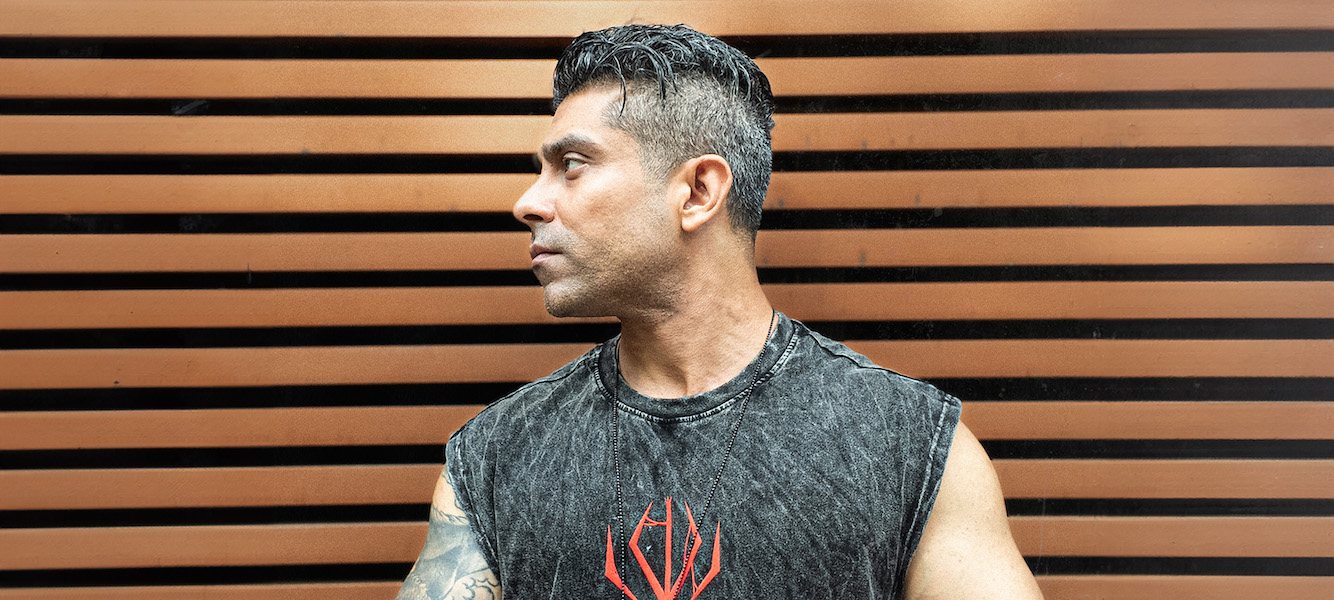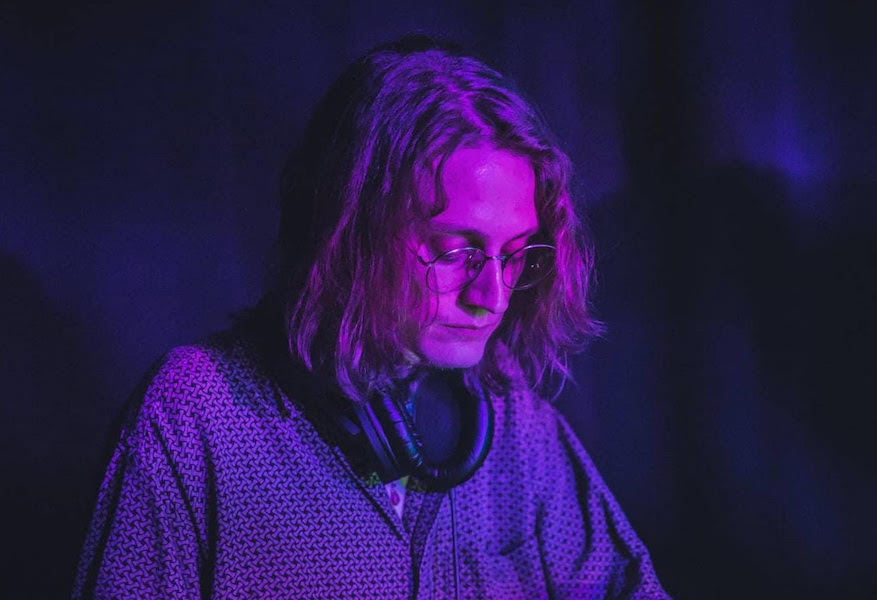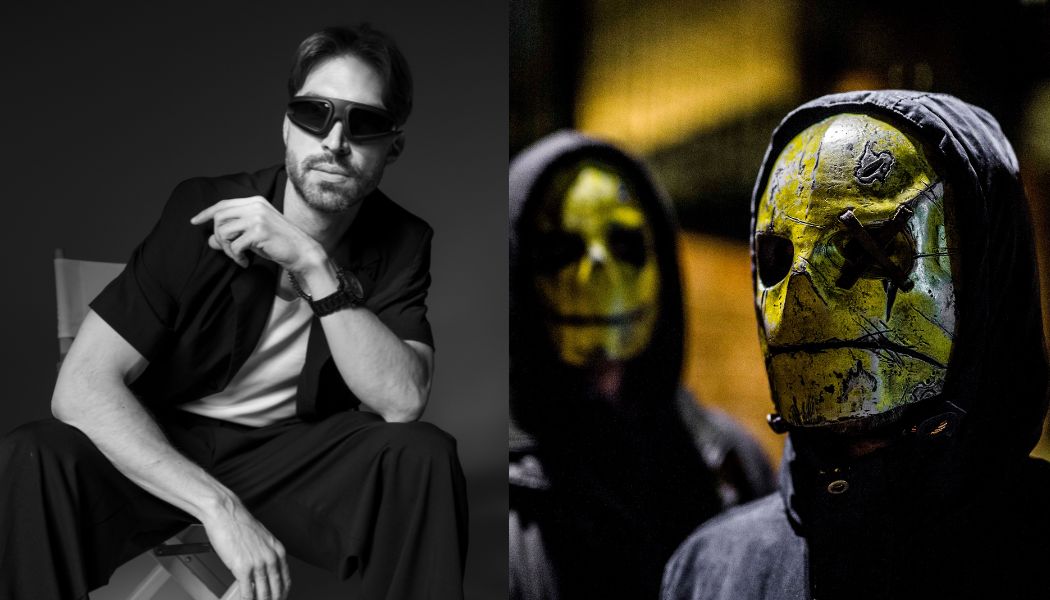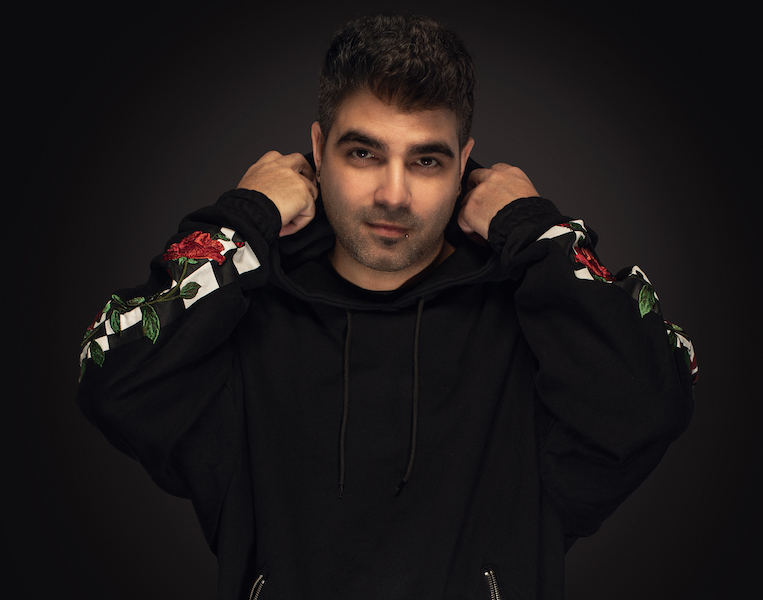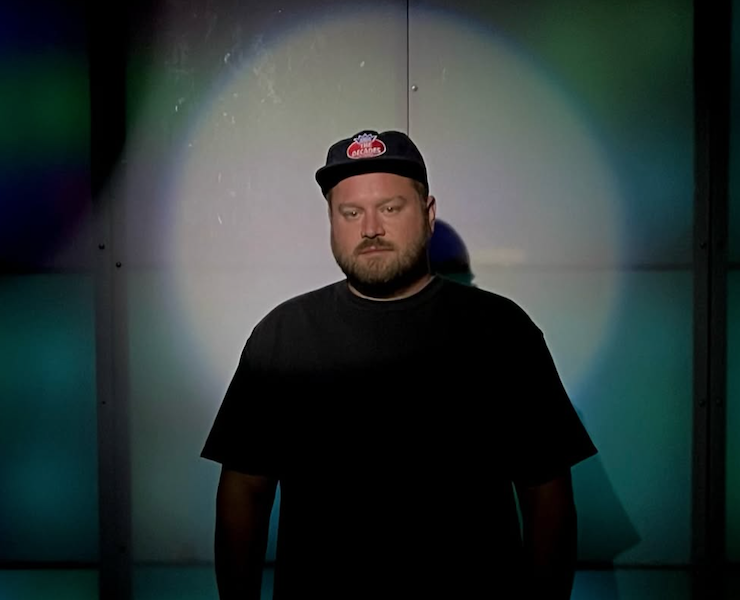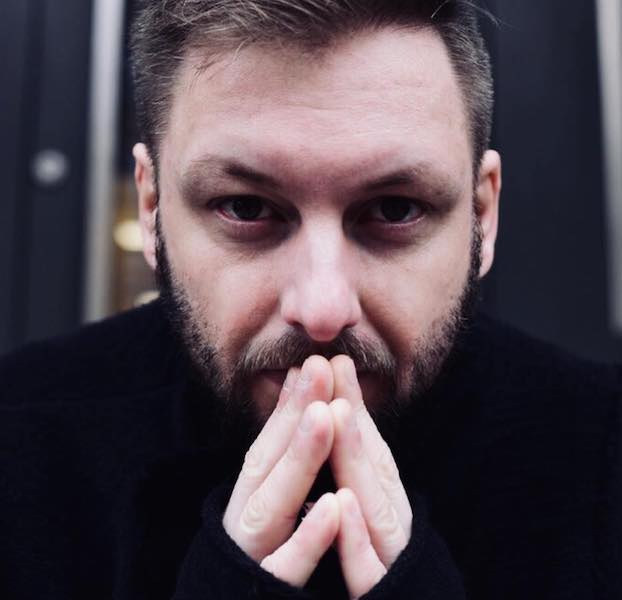Already a don in the Indian music scene, Stoked now follows the path of many of the world’s greats, combining production, DJing, and curation to inject his flavour into the global Techno movement. Notably, Stoked is the first Indian artist to headline Sonne Monde Sterne & Grune Sonne in Germany, as well as the iconic Rave the Planet (ex Love Parade).
Beyond his DJ performances, Stoked is the driving force behind Bitonal, a record label and touring agency that features artists such as Pan-Pot, Gheist, Teenage Mutants, Balthazar & Jackrock, and Rafael Cerato. He is also responsible for programming at super clubs Salud and Diaz in Goa.
We had the chance to chat with Stoked and got the low-down on all things Bitonal and the scene in India. Enjoy!
WWD: Thanks for joining us for this series, can you first tell us the history of BITONAL Agency, how you started it and why?
Firstly, thanks for having me on board. Here is a short lowdown about Bitonal. Since its founding in 2021, BITONAL has transformed from a small booking agency into a well-known record label and touring agency. Initially, we concentrated on networking, booking artists, and gaining a presence in the Indian techno scene. Now, BITONAL is flourishing, hosting successful club events throughout India and Southeast Asia, boasting a strong lineup of artists, and expanding its label. Our growth is symbolized by the upcoming Dual-Tone Arena Concert showcase.
WWD: What does it take to start a booking / touring agency?
Starting an artist booking agency involves industry research, creating a business plan, and building a network of artists and industry contacts is crucial. Also continuously adapting to industry trends is the key to success.
WWD: Can you tell us what the biggest challenges have been and how you have overcome them?
The Indian underground music scene faces several challenges that can hinder the growth and visibility of local and international artists. Challenges like Limited Exposure and Platforms, Financial Constraints, Lack of Government Support, Cultural & societal taboos are the biggest challenges according to me. I won’t say we have really overcome them, but we can definitely mitigate them by Community building, education, exposure, access to better entertainment infrastructure and most importantly favourable regulations for nightlife to thrive.
WWD: Is there a lot of competition when it comes to agencies in India, and is the demand enough for bringing artists to the region for tours?
The competition among agencies in India is significant, especially given the country’s large and diverse entertainment market. While the competition among the key players in the underground electronic space is high, the demand for artists and live performances in India is growing. The key for agencies and artists is to navigate the competitive landscape effectively to tap into this growing market.
WWD: Can you tell us what venues you work with and who you are bringing to India for some shows in the next few months that you are looking forward to?
Some of the venues we frequently collaborate with include Xora in Hyderabad, Salud and Diaz in Goa, Soho and Kai in Delhi, and Kitty Su and Opa in Mumbai, among others. While I am unable to mention certain names due to contractual obligations, I can share a few artists we work with, such as Rafael Cerato, Alex Stein, Balthazar & Jackrock, Affkt, and Nadia Boulif.
WWD: Is it just as important to you to represent local talent as well as international acts? If so, how have you achieved this with BITONAL’s bookings?
My response will highlight the significance of balancing local and international talent to strengthen the local music scene. BITONAL accomplishes this by strategically curating diverse lineups and collaborating with local artists, providing them opportunities to perform alongside international acts. This approach enhances the experience for local talent. In the near future, we plan to integrate talent competitions, workshops, and masterclasses to further engage local artists with our label, “Bitonal Records.”
WWD: Finally, how do the events in Europe compare to those in India, as we hear you are currently on an EU tour, playing in Germany and the UK.
The club and party scenes in Europe and India each offer different & varied experiences. European clubs are renowned for their electronic music, with cities like Berlin, Amsterdam, Barcelona, Lisbon and Ibiza leading in genres such as techno and house. European nightlife benefits from favourable regulations, infrastructure and exposure to world class festivals. In contrast, India’s club scene is not that diverse, led by Bollywood, regional music, and international billboard hits. Despite stricter regulations, societal taboo’s and earlier closing times, India’s nightlife is rapidly expanding, with growing support for underground electronic music.
WWD: Thanks for the chat!

